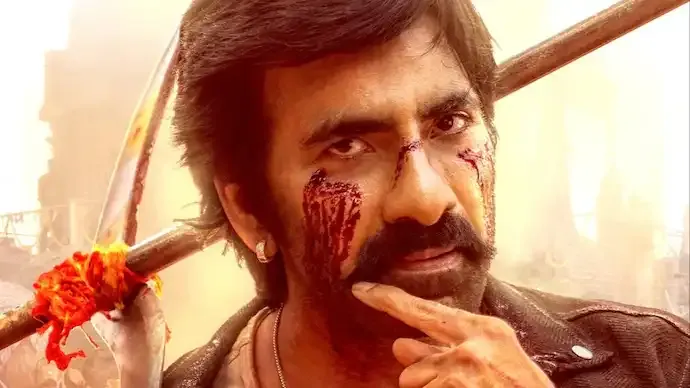Shopping cart
Your cart empty!
Terms of use dolor sit amet consectetur, adipisicing elit. Recusandae provident ullam aperiam quo ad non corrupti sit vel quam repellat ipsa quod sed, repellendus adipisci, ducimus ea modi odio assumenda.
Lorem ipsum dolor sit amet consectetur adipisicing elit. Sequi, cum esse possimus officiis amet ea voluptatibus libero! Dolorum assumenda esse, deserunt ipsum ad iusto! Praesentium error nobis tenetur at, quis nostrum facere excepturi architecto totam.
Lorem ipsum dolor sit amet consectetur adipisicing elit. Inventore, soluta alias eaque modi ipsum sint iusto fugiat vero velit rerum.
Sequi, cum esse possimus officiis amet ea voluptatibus libero! Dolorum assumenda esse, deserunt ipsum ad iusto! Praesentium error nobis tenetur at, quis nostrum facere excepturi architecto totam.
Lorem ipsum dolor sit amet consectetur adipisicing elit. Inventore, soluta alias eaque modi ipsum sint iusto fugiat vero velit rerum.
Dolor sit amet consectetur adipisicing elit. Sequi, cum esse possimus officiis amet ea voluptatibus libero! Dolorum assumenda esse, deserunt ipsum ad iusto! Praesentium error nobis tenetur at, quis nostrum facere excepturi architecto totam.
Lorem ipsum dolor sit amet consectetur adipisicing elit. Inventore, soluta alias eaque modi ipsum sint iusto fugiat vero velit rerum.
Sit amet consectetur adipisicing elit. Sequi, cum esse possimus officiis amet ea voluptatibus libero! Dolorum assumenda esse, deserunt ipsum ad iusto! Praesentium error nobis tenetur at, quis nostrum facere excepturi architecto totam.
Lorem ipsum dolor sit amet consectetur adipisicing elit. Inventore, soluta alias eaque modi ipsum sint iusto fugiat vero velit rerum.
Do you agree to our terms? Sign up

Rating: ★★★☆☆ (3/5)
Release Date: November 1, 2025
Mass Jathara arrives as a vibrant celebration of Telugu commercial cinema, unashamedly embracing the tropes that once defined the genre. Rather than reinventing the formula, it thrives on the nostalgia of mass entertainment — powered by Ravi Teja’s infectious energy, punchy dialogues, and a familiar rhythm that reminds audiences why he remains one of the most beloved stars of Telugu cinema.
The story follows Lakshman Bheri (Ravi Teja), a railway cop stationed in a corrupt, drug-infested town. The plot may sound familiar, but what keeps the narrative engaging is the conviction with which it unfolds. Every slow-motion entry, background score cue, and witty line feels deliberately crafted to evoke cheers. The first half of the film is pure entertainment — especially the recurring gag involving a platform ticket, which lands surprisingly well.
Director Bhanu Bhogavarapu, making his debut, doesn’t attempt to modernize the genre. Instead, he reanimates the classic mass entertainer template — complete with an eccentric villain, emotional subplots, family sentiments, and a loyal hero who balances duty with humour. His understanding of Ravi Teja’s persona is evident; rather than forcing reinvention, he lets the star do what he does best — command the screen with charisma and comic flair.
The film shines in moments that recall Ravi Teja’s earlier blockbusters. The major railway station fight sequence pays homage to Vikramarkudu and does so with respect rather than repetition. Even the AI-generated playback of late composer Chakri in the “Tu Mera Lover” song brings a wave of nostalgia instead of awkwardness.
However, Mass Jathara is far from perfect. The romantic subplot with Sreeleela feels forced and lacks emotional grounding. The chemistry struggles due to weak writing, making her character little more than a decorative presence. Similarly, the regional dialect humour and exaggerated comic beats sometimes feel dated and disconnected from contemporary storytelling.
The film finds emotional footing in the grandfather-grandson bond, portrayed movingly by Rajendra Prasad. His scenes add warmth and sincerity to an otherwise high-voltage narrative. Naveen Chandra, as the antagonist, adds menace with restraint, making his confrontations with Ravi Teja genuinely compelling.
On the technical front, Mass Jathara scores high. The cinematography captures vibrant, dynamic frames, keeping the tempo alive. The sound design and Bheems Ceciroleo’s background score amplify the drama effectively, particularly in action blocks and emotional climaxes.
Where the film falters is predictability. The screenplay follows a well-trodden path — corruption, revenge, redemption — and rarely dares to surprise. Despite this, there’s an undeniable sincerity at its core. Mass Jathara doesn’t mock its own formula; it celebrates it, proving that commercial cinema can still resonate when made with heart and conviction.
In essence, Mass Jathara doesn’t attempt to redefine Telugu cinema, nor does it need to. It simply reminds audiences why Ravi Teja’s brand of entertainment continues to endure. His effortless screen presence, comic timing, and unapologetic mass appeal transform this formulaic film into a crowd-pleasing theatre experience — a throwback to the days when entertainment meant energy, not logic.
Verdict: Mass Jathara may not break new ground, but it revives the joy of watching Ravi Teja in his element — loud, lively, and larger than life.
4
Published: 14h ago